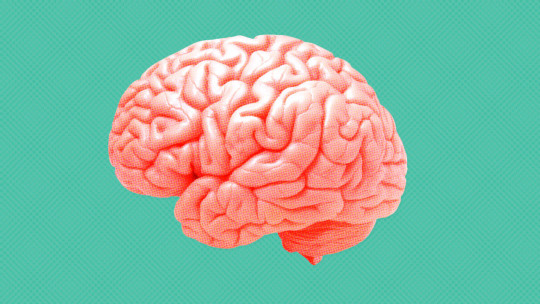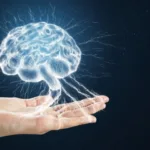In Spain the role of Neuropsychology is still quite unknown. I explain in a very summary way the situations in which it is advisable to go to a Neuropsychology consultation.

Neuropsychology is responsible for the study of relationships between the brain and behavior assuming a causal relationship between the two variables (Lezak & Cols., 2004).
Neuropsychology provides the means to analyze the consequences long-term due to brain injuries (craniocerebral trauma, stroke, tumors, infections, etc.); it makes it easier for family members and caregivers to understand the course of cognitive, social and behavioral difficulties; help is provided in the treatment of various psychiatric disorders; and assistance is provided to children with neurodevelopmental and learning disorders, collaborating with different professionals, within the health and school environment. Therefore, psychologists who have trained in neuropsychology are the professionals who know how to address disorders that can affect cognitive and psychological levels.
When is a neuropsychological evaluation recommended?
- When it affects the Central Nervous System: Cases of diseases that affect the Central Nervous System (trauma, tumors, infections, strokes, neuromuscular diseases, genetic alterations, etc.).
- Chronic learning difficulties: Learning difficulties chronic and serious that do not respond to a special education or rehabilitation program, especially if there are signs of a right or left unilateral pattern (sensory and motor difficulties that affect one part of the body, since each cerebral hemisphere is responsible for sending and receiving information of one half of our body).
- Emotional disturbances: Alterations serious emotional or behavioral accompanied by problems in learning, intellectual, perceptual, motor, language or speech, memory, among others, that are resistant to other interventions (psychopharmacological, psychological or behavioral).
- Cognitive deficit: Start sudden onset of cognitive deficit academic, motor, memory, language, behavior or personality problems that have not been explained by other medical, psychological and psychoeducational evaluations.
The neuropsychological evaluations They are used to diagnose neurodevelopmental disorders, identify deficits associated with brain injuries and diseases of the Central Nervous System, and be able to develop a treatment focused on the stimulation and/or rehabilitation of cognitive functions, so that the person and their families have the highest possible level of quality of life.








